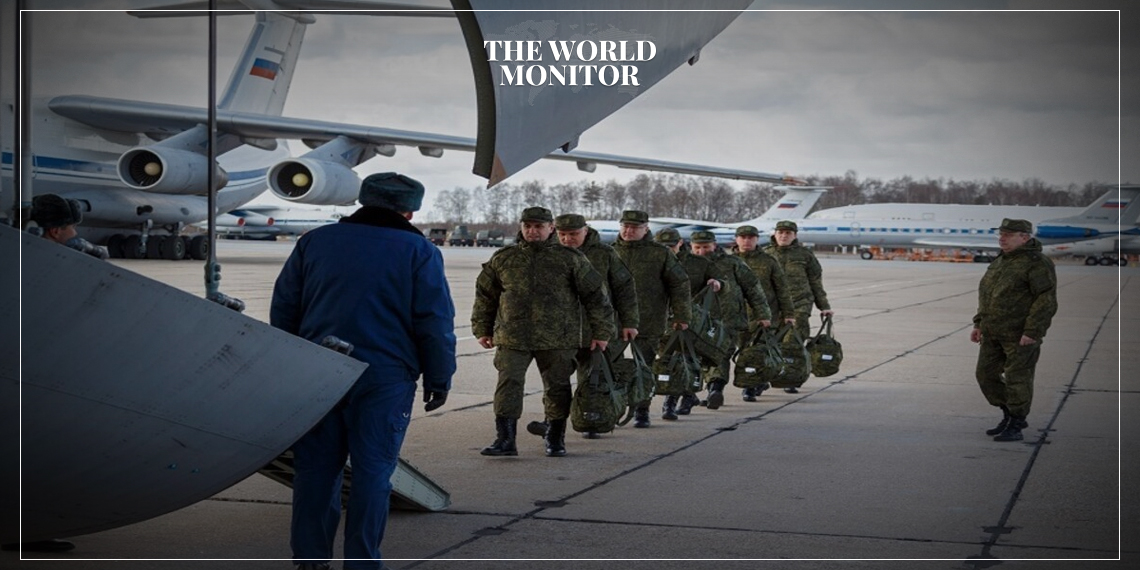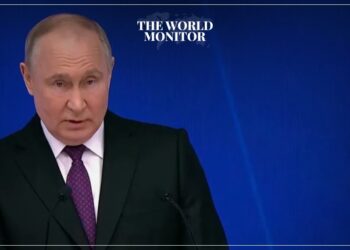Russian President Vladimir Putin has issued a decree to increase the total number of personnel in the Russian armed forces to over 2.3 million, including 1.5 million active military personnel.
The new decree will come into effect on December 1, 2024, marking a significant expansion of Russia’s military capabilities amid ongoing global tensions.
This move is part of an amendment to a previous decree that set the Russian armed forces’ size at just over 2.2 million personnel, with 1.32 million active-duty soldiers.
The latest change reflects the growing emphasis on military readiness and strength as Russia continues to navigate complex geopolitical challenges, including its ongoing conflict with Ukraine and heightened relations with Western nations.
The decree also instructs the Russian government to allocate the necessary funding from the defense ministry’s budget to support this substantial increase in the military’s size.
Russia’s military expansion follows a series of moves aimed at bolstering its defense capabilities over recent years. Since the onset of the conflict in Ukraine in 2022, Russia has faced mounting pressure on multiple fronts, both militarily and economically, due to sanctions imposed by Western nations.
This has led the Kremlin to prioritize military development, increasing defense spending, and modernizing its forces.
The increase in military personnel is likely intended to maintain a robust presence along Russia’s borders and in regions where Russian forces are currently deployed.
Furthermore, the move could be seen as part of a broader strategy to prepare for potential long-term engagements in contested areas, such as Ukraine, and to ensure that Russia retains its influence in key geopolitical regions like Eastern Europe, the Arctic, and the Middle East.
Historically, Russia has maintained a large and capable military, with a focus on modernization and strategic deterrence, particularly regarding its nuclear forces. However, the decision to further increase troop numbers signals a shift toward expanding conventional military forces in response to evolving threats.
The Russian military also has a significant global footprint, with bases and strategic partnerships in countries like Syria, which serve to project its influence in volatile regions. The expansion of personnel will likely enable Russia to continue its active military engagements and prepare for future challenges as it seeks to maintain its position as a global power.
In addition to direct military operations, Russia has also been investing in hybrid warfare capabilities, such as cyber warfare and disinformation campaigns, which have become integral to its military strategy in recent years.
As Putin’s new decree takes effect, the global community will be watching closely to see how this military build-up impacts Russia’s foreign policy and its ongoing conflict with Ukraine, as well as its relations with NATO and other major world powers.






